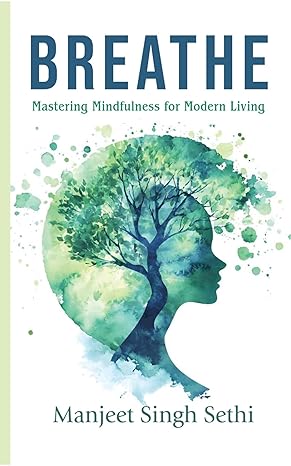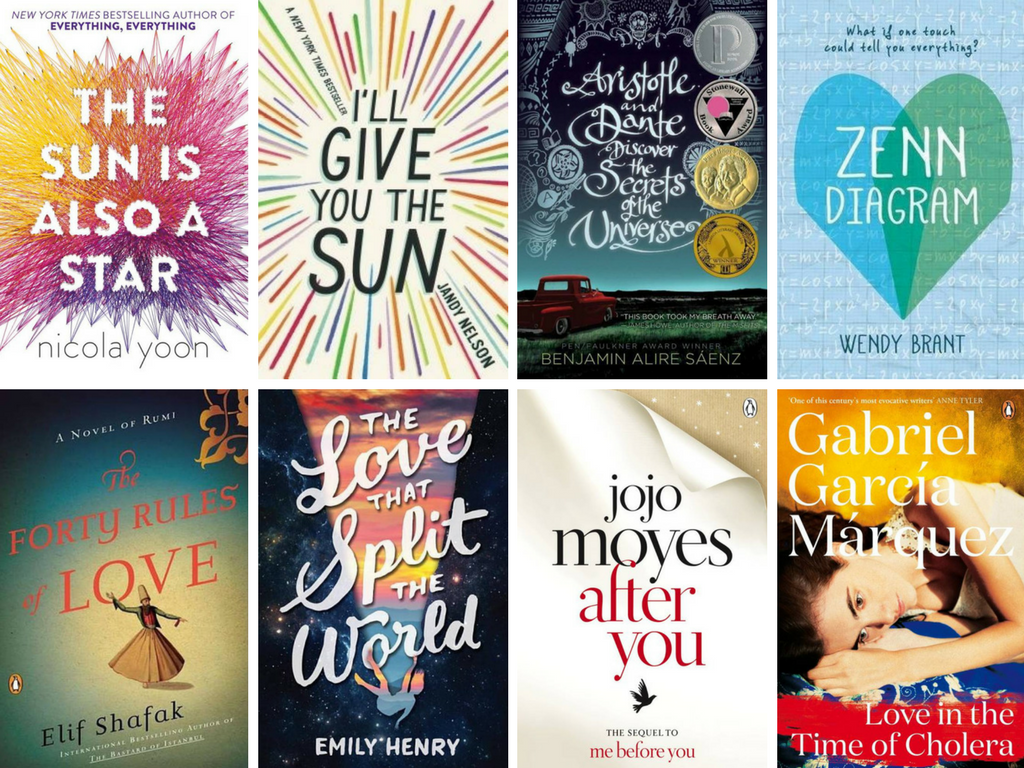Q1: What are some simple, effective techniques for beginners to start their mindfulness journey?
For beginners, starting with the basics like mindful breathing and body scanning can be very beneficial. A simple practice is to dedicate five minutes each day to focus entirely on your breath. Sit comfortably, breathe naturally, and pay attention to each inhale and exhale, noticing the rise and fall of your chest. Body scanning is another powerful technique. It involves mentally focusing on each part of your body and consciously letting go of any tension you find. These simple yet effective practices provide a gentle introduction to the mindfulness journey.
Q2: What are some of your life’s passions?
I am deeply passionate about promoting mental well-being and mindfulness, especially in the fast-paced world we live in. Supporting others in finding a more balanced perspective in life has always been a source of inspiration for me. I also have a profound love for storytelling, as it fosters human connection and helps us uncover meaning in our experiences. Additionally, animals bring me immense joy—my pet Ziggy, in particular, has taught me invaluable lessons about presence and compassion.
Q3: Describe a lesser-known aspect of Manjeet.
A lesser-known aspect of me is my fascination with creative journaling. I enjoy not only writing but also visually mapping my thoughts, ideas, and reflections. This grounding practice helps me process emotions and connect with myself on a deeper level. It’s a technique I often encourage my clients to explore as well.
Q4: Are there specific messages or feelings you hope your readers take away from your story?
I hope readers come away feeling empowered and at ease, realizing that mindfulness doesn’t have to be complicated. It’s about connecting with yourself and cherishing the small moments of daily life. I want them to know it’s perfectly okay to pause and prioritize their mental well-being. We all deserve peace and balance, no matter where we begin.
Q5: Memorable incident while writing the book.
One unforgettable moment was when a client shared how a few simple mindful breathing techniques helped her stay calm during a difficult life event. Her experience reaffirmed my purpose in writing Breathe—to offer practical, accessible tools for real people navigating real-life challenges.

Q6: Can you share your daily ritual for balancing your life?
I start my day with a short mindfulness meditation to cultivate a calm and centered mindset. This is followed by mindful breathing exercises and a few minutes of gratitude journaling. Throughout the day, I make it a point to step away from screens, even for a few minutes, to stay grounded. At the end of the day, I take a moment to reflect, acknowledging small moments of positivity and growth.
Q7: What is the impact of digital detox on mental clarity and emotional well-being?
The effects of a digital detox are remarkable—it’s like giving your mind space to breathe. Taking a break from constant notifications and digital distractions allows us to reconnect with our thoughts and emotions. This clarity can improve focus, reduce anxiety, and promote a more balanced mood. Even brief, consistent digital breaks can greatly refresh your perspective and enhance your overall well-being.
Q8: What impact does mindful breathing have on the mind and body?
Mindful breathing is truly transformative—it has a direct impact on our nervous system, helping to lower stress and promote relaxation. By breathing mindfully, we send signals to the brain to deactivate the “fight or flight” response, which reduces tension and enhances focus. With consistent practice, this technique builds emotional resilience, allowing us to approach challenges with greater calmness.
Q9: What are the common challenges people face when starting a mindfulness practice, and how
can they overcome them?
One common challenge is impatience. Many people expect immediate results and may feel disheartened if they don’t experience instant calm. The key is to treat mindfulness as a gradual journey, not a quick fix. Another obstacle is consistency, which can be tackled by starting small—just five minutes a day—and gradually increasing. Celebrating small wins along the way can also help maintain motivation.
Q10: What inspires you to write?
My inspiration to write comes from seeing the real struggles people face in managing their mental health and emotional well-being. Writing gives me the opportunity to create resources that can reach beyond my direct work, offering tools and support to anyone looking for balance. There’s a special kind of beauty in sharing knowledge that may help someone find peace or gain new perspectives, and that’s what motivates me to write.
Buy the book : https://www.amazon.in/dp/9361856618
























